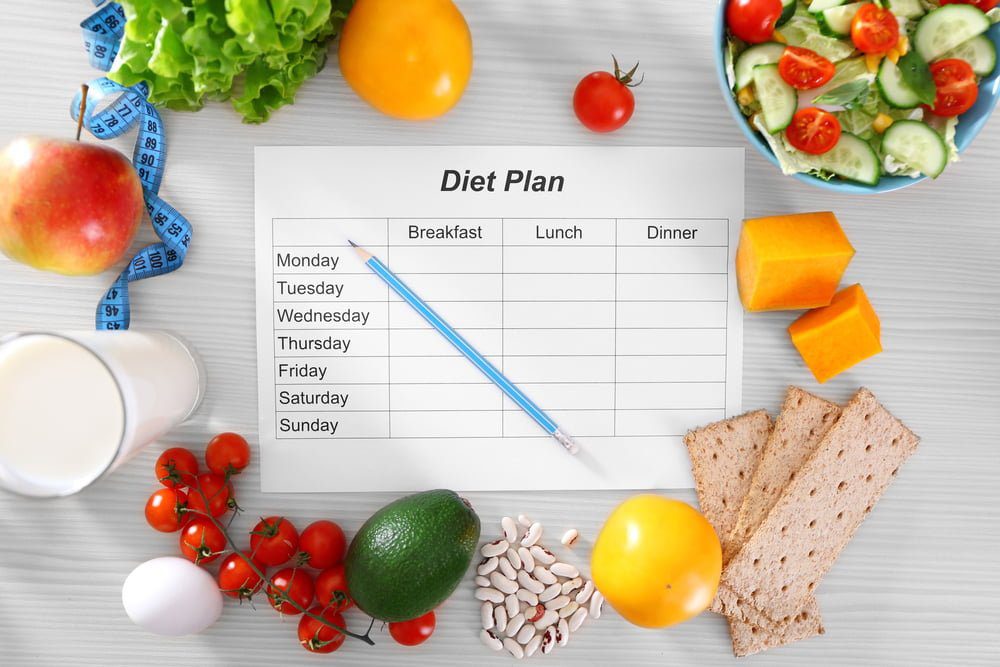Laxatives are a type of medication used to help with constipation. They help the body to pass stool, which can provide relief from uncomfortable symptoms like bloating, gas, and abdominal pain. There has been a lot of speculation as to whether or not laxatives can be used to help with weight loss. While laxatives can help to increase the frequency of your bowel movements, it is important to know that they do not actually make you lose weight. In fact, abusing laxatives can lead to serious health complications. This article will explore the potential effects of using laxatives for weight loss, as well as provide some advice on how to safely use them.
Do Laxatives Really Make You Lose Weight? What Do Experts Say?
Laxatives have long been thought of as a way to shed pounds quickly, but experts caution against using them for this purpose. Laxatives are designed to help people with constipation, and while some people may think they are helpful in weight loss, the evidence is not conclusive.

Studies have shown that laxatives can cause fluid loss, leading to temporary weight loss, but the weight will come back quickly once the fluid is replaced. Experts agree that the use of laxatives as a weight loss aid is not recommended due to potential health risks associated with long-term use. The best way to lose weight is through healthy eating and regular exercise.
Type of serious health complications arise from abusing laxatives.
Serious health complications that can arise from abusing laxatives include dehydration, electrolyte imbalance, malnutrition, kidney failure, colon damage, and an inability of the digestive system to absorb nutrients.
How to prevent health complications arise from abusing laxatives?
1 Stop taking laxatives without consulting a doctor.
2 Take laxatives only as recommended by the doctor.
3 Talk to a doctor or health care professional if you have a problem with constipation.
4 Eat a balanced diet that includes plenty of fiber and fluids.
5 Exercise regularly.
6 Avoid certain foods that can cause constipation, such as dairy products, processed foods, high-fat foods, and foods with little fiber.
7 Learn relaxation techniques to help reduce stress, which can cause constipation.
8 Talk to a doctor or mental health professional if you are using laxatives to cope with emotional issues.
how to safely use laxatives?
- Consult a doctor before using laxatives, as they can be dangerous when used incorrectly.
- Read the instructions and warnings on the product label carefully.
- Start with the smallest recommended dose.
- Drink plenty of fluids when using laxatives.
- Do not take laxatives for more than a few days without consulting a doctor.
- Do not take laxatives if you are pregnant or breastfeeding.
- Do not take laxatives if you have a history of heart or kidney disease.
- Do not take laxatives in combination with other medications without consulting a doctor.
- Do not take laxatives if you have an intestinal obstruction or any other serious digestive condition.
- If you experience any side effects while taking laxatives, stop taking them and consult a doctor.
How to lose weight effectively without Laxatives?

1 Drink plenty of water. Aim for 8-10 glasses of water per day.
2 Increase your fruit and vegetable intake. Eating more fresh fruits and vegetables is a great way to get the nutrients your body needs and to fill up without consuming a lot of calories.
3 Avoid processed and sugary foods. These foods are usually high in calories and low in nutritional value.
4 Exercise regularly. Aim for at least 30 minutes of moderate-intensity exercise each day.
5 Get adequate sleep. Aim for 7-9 hours of sleep per night.
6 Eat smaller meals more frequently. Eating smaller meals throughout the day can help keep your metabolism going and prevent overeating.
7 Cut back on sugary drinks. Sugary drinks like soda and juice contain a lot of empty calories and should be avoided.
8 Avoid crash diets. Crash diets can be dangerous and can lead to nutrient deficiencies.
Alternatives of Laxatives to Lose Weight.
1 Increase Your Fiber Intake.
Eating more fiber-rich foods can help soften your stools and make them easier to pass. Foods high in fiber include whole-grain breads and cereals, beans, fruits, and vegetables.
2 Drink More Water.

Drinking more water can help keep your stools soft and hydrated, making them easier to pass. Aim for 8-10 glasses of water each day.
3 Exercise Regularly.

Physical activity helps keep your digestive system functioning properly and can help you lose weight. Aim for at least 30 minutes of moderate-intensity exercise most days of the week.
4 Try Probiotics.
Probiotics are live bacteria and yeasts that occur naturally in your body. They can help aid digestion and improve your gut health. Look for probiotic supplements or add foods like yogurt, kimchi, and sauerkraut to your diet.
5 Consider Herbal Remedies.
Herbs like dandelion, cascara, and aloe can help support digestive health. Talk to your healthcare provider before taking any herbal supplements.
Frequently Asked Questions.
1 How to stop stomach cramps from laxatives?
Using laxatives can cause stomach cramps, but there are steps to minimize this side effect. Make sure you are drinking plenty of water and eating a balanced diet while taking laxatives, and choose a laxative that is appropriate for your body. Consider using a natural laxative such as prunes, figs, or flaxseeds instead of chemical laxatives, and pay attention to the dosage and duration to ensure it is not too strong or lasting too long. If the stomach cramps are severe, it is important to seek medical advice.
Bottom Line.
Laxatives are not an effective weight-loss solution and can even be dangerous if taken in excess. The primary benefit of laxatives is to help people with constipation, but they should not be used as a way to lose weight. Consulting with a doctor is the best way to determine a safe and healthy way to reach an individual’s weight-loss goals.















































 Workout
Workout

 Meditation
Meditation
















